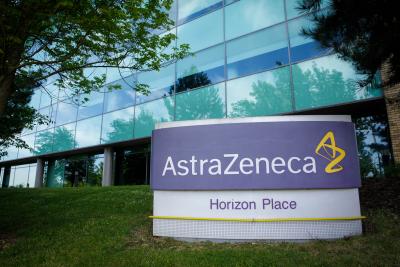Bengaluru– AstraZeneca India on Tuesday said it has received marketing authorisation from the Drugs Controller General of India (DCGI) for use of Fasenra for the management of patients with severe asthma.
Fasenra is not an inhaler or a steroid and is administered once in eight weeks under the skin via injection as maintenance therapy.
It is an add-on maintenance treatment for patients with severe eosinophilic asthma.
It is designed to target cells in the body called eosinophils, which are a key cause of the eosinophilic subtype of asthma.
Studies have also shown that patients on Fasenra could reduce their oral steroid intake significantly, thereby reducing the potential steroid-related side-effects.
The marketing authorisation from DCGI paves the way for the launch of Fasenra in India subject to other requisite regulatory approvals, AstraZeneca India said.
“AstraZeneca has always been at the forefront of innovative solutions for non-communicable diseases. Despite currently available therapies, a significant unmet need for effective management of severe asthma continues to exist globally as well as in India,” Gagandeep Singh Bedi, Managing Director, AstraZeneca India, said in a statement.
“The regulatory approval of Fasenra in India will provide better medicine for the management of eosinophilic asthma and support patients to attain a better quality of life”.
Asthma is a common, heterogeneous, chronic inflammatory disease of the airways that affects people of all ages and imposes a substantial burden on patients, their families, and the community.
It causes respiratory symptoms that are interspersed with attacks of breathlessness, which may require urgent health care and may result in emergency admission in hospital or sometimes be fatal.
The burden of asthma is immense as it causes limitations in daily activities, loss of school and work days, lung function impairment, reduced quality of life, and an adverse socioeconomic burden. (IANS)


